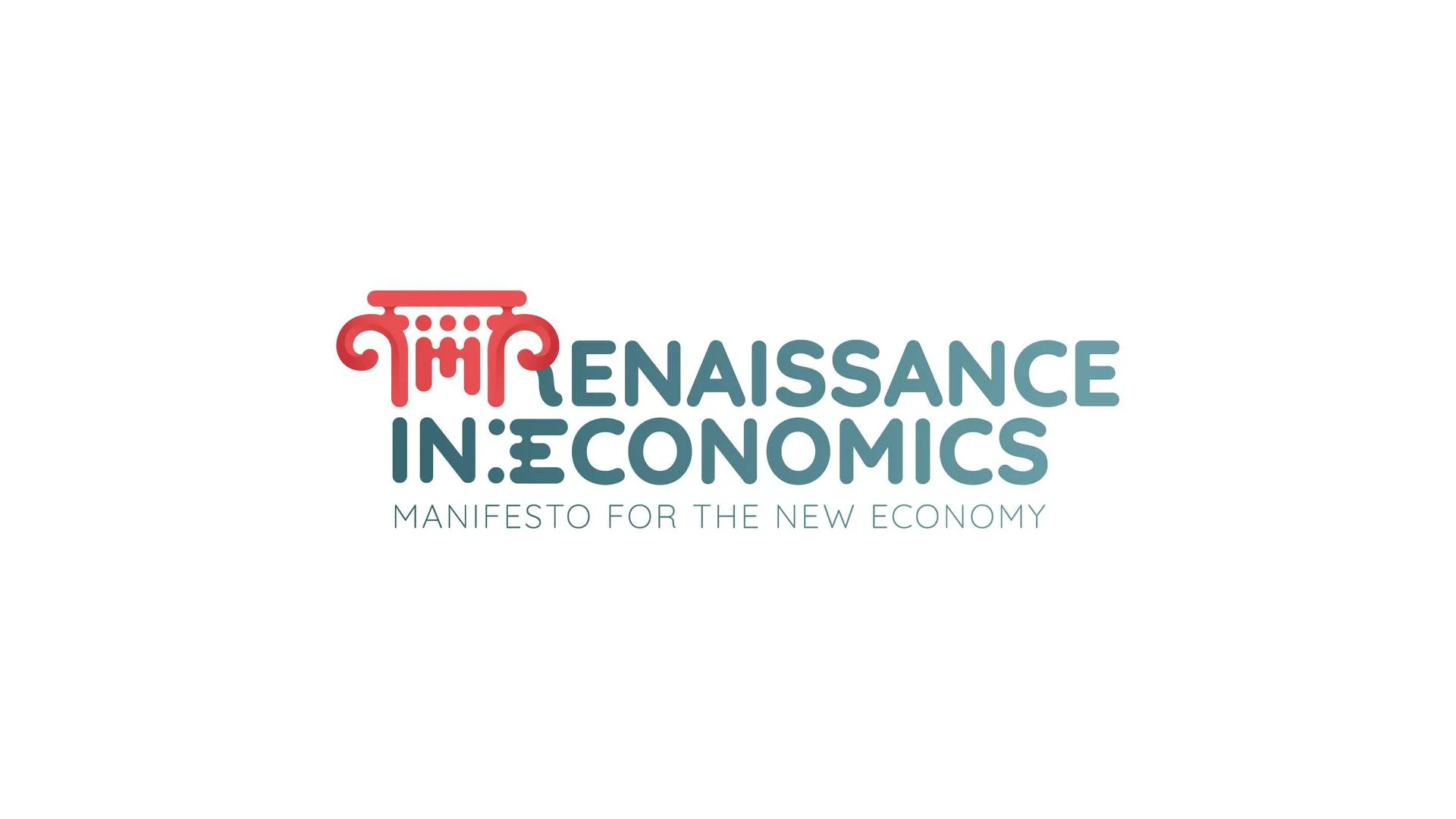The following article is archived and is no longer considered up-to-date. Please interpret its content in the context of the publishing date.

ARCHIVED
Tips to plan your marketing & recruitment activities for the 2015-2016 term
Read a summary using the INOMICS AI tool
Valuated at approximately $4.4 trillion in 20131, the education market is one of the largest markets of all and shows signs of continuing to. If some years ago pursuing a master’s degree was an extraordinary goal, nowadays many bachelor’s graduates consider a Master’s degree as a must, radically increasing the market size. Moreover, if we sum up the technological development of E-learning and the expansion of universities in the field of international cooperation and recruitment, the education sector looks very promising for continued fast growth, with at least 23% annual growth in the coming years according to the IBIS Capital investment bank.
Immersed in a rapid-growth market, the competition in international recruitment demands more attention, and if you want to stand out from the crowd, it is important to reach good strategic decisions to attract and retain students. One of the aspects on which to base your strategy is the development of a unique value that your university can offer to students. Such value can be built only after understanding the preferences, needs and behavior of your “customers”, so acquiring a deep understanding of what prospective students want and are looking for is crucial.
Understanding the needs, expectations and goals of a bachelor’s graduate is extremely useful during the planning of marketing and student recruitment campaigns; in the end the decision about where and what to study is in their hands. In thinking of ways to help you gain insight into students’ decision-making process, we asked students all over the world about their interest in enrolling for a master’s program. This is a summary of what we found out:
1. Students with previous degrees in the same field of your advertised Master’s program are more likely to enroll than students from other disciplines. According to our survey, 70% of students would prefer their graduate program to have the same focus as their bachelor’s degree. Only 30% of prospective students are willing to try other areas.
2. In the case of promotion of a multidisciplinary master’s degree you can focus your marketing message on better career opportunities, and the chance to learn more and follow personal interest on the subject.
3. The opportunity to take on a new challenge and access a higher salary range are motivators for students to pursue a master’s degree. The inclusion of graduate reports, testimonials and surveys that reflect the impact of master’s degrees in students’ lives is powerful marketing material for your recruitment season. In the same way, the inclusion of endorsements from potential employers can boost trust and reputation for your program.
4. Some students see their master’s degrees as a step forward into their PhD studies. This can be taken as key point for development of your marketing message and unique value of your degree. In such cases, target students with dreams of an academic career, and focus efforts on matching your curriculum with the entry requirements for top PhD programs.
5. In more than 40% of cases, students who cannot access graduate education point out financial difficulties as the main reason for their choices. To invest time in building up a system for tuition fee waivers could potentially increase the number of enrollments. Some budget allocated in the funding section can be returned in more enrollments and happier students.
6. Around 25% of students claim more interest in gaining work experience than progressing in their studies. For such cases the possibility of easy access to internships and employment partnerships with top companies while studying could increase the probability of your university to be chosen by students.
These are only partial findings of our research. If you want to access the whole report about the influencing factors while choosing a master’s program from the students’ perspective, we invite you to download the report for free here. In the next month we will talk about the preferred countries to study abroad and reasons why students choose them.
For bookings made between 10th June and 15th August 2015, we are offering a free Promotion Boost. You can also pre-book for campaigns later in 2015 and 2016, to benefit from this boost for future programs, courses, scholarships or conferences offered by your institution.
If you have any questions about this article or if you want further information about the opportunities that your institution has with INOMICS, please contact us at info@inomics.com and we will be happy to assist you.
1 Sean Cavanagh - Education Week's Blog
-
- Postdoc Job
- (Remote)
- Posted 3 weeks ago
Vacancy for a Postdoctoral fellow
At University of Ghent in Gent, Belgium
-
- Postdoc Job
- Posted 2 weeks ago
Postdoctoral Researcher (all genders welcome)
At Georg-August-Universität Göttingen in Germany -
- Postdoc Job
- Posted 1 week ago
6-Year Postdoc with Option for a PermanentContract (f/m/d, 100%)
At ZEW – Leibniz-Zentrum für Europäische Wirtschaftsforschung GmbH Mannheim in Mannheim, Germany













